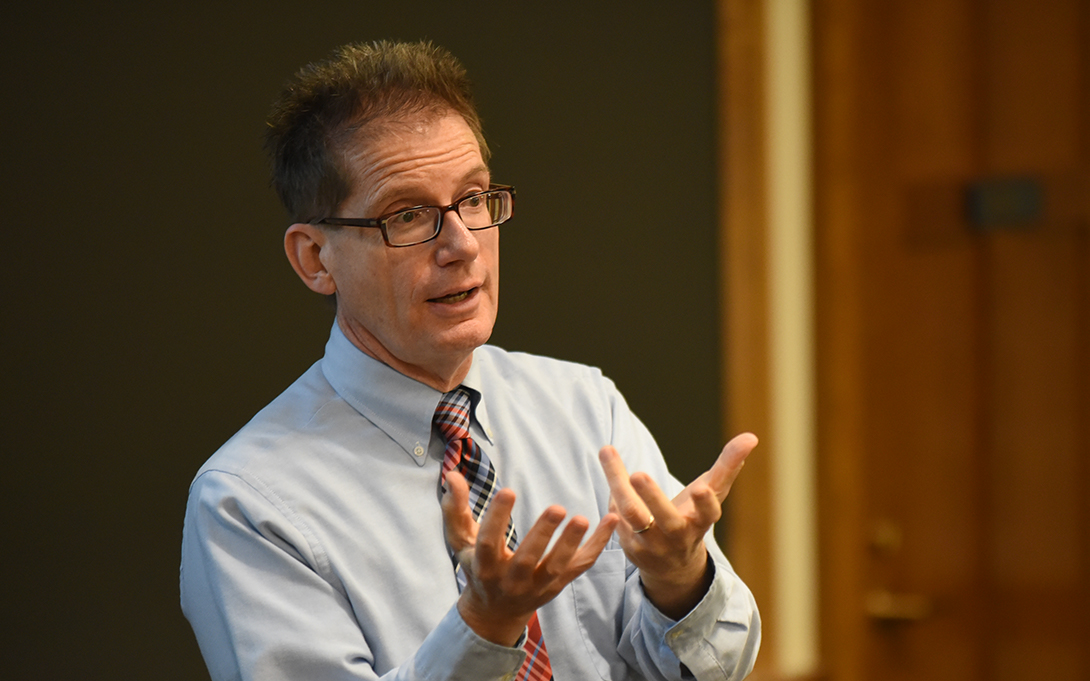
Ford School professor Barry Rabe, one of the nation's leading experts on methane emissions, recently outlined the successes and next steps in the methane policy arena in an article for Brookings.
"Until recently, methane has remained far less prominent than carbon in climate policy," he writes. "But significant change appears to be on the way, including a proliferation of corporate and governmental reduction pledges from the oil and gas sector."
Rabe points to the Global Methane Pledge, which was launched by the United States and European Union. The pledge seeks to reduce human-caused methane releases by 30% by 2030. So far, 103 countries have committed to the goal. Starting with the pledge, the Biden administration has made it a priority to lead the way in methane policy.
"The new American approach includes a legislated fee on methane emissions beginning January 2024, well before revised regulatory standards will likely be operational. More than 2,100 facilities engaged in production, storage, and transmission will face fees on releases above a best-practice threshold but may secure exemption if they and their state are fully compliant with regulatory provisions once these are finalized," Rabe says. "This incentive may help contain historic and aggressive industry and production state efforts to delay or thwart federal methane regulations. On federal lands, oil and gas royalty rates are being significantly increased and will for the first time apply to methane wasted through venting, flaring, or negligence."
Other nations are following suit, creating what Rabe calls a "methane club" of leaders. Canada, Colombia, Kazakhstan, and Nigeria have all taken additional steps to reduce methane emissions.
"A common theme among policy leaders involves taking advantage of low-cost opportunities, from plugging leaks to equipment electrification, reflecting energy methane’s abundant 'low hanging fruit,'" Rabe remarks.
While these are all steps in the right direction, there are still outliers.
"Broader policy diffusion, however, remains quite modest. Many leading oil and gas producers have sidestepped the Global Methane Pledge and failed to develop credible mitigation policies," Rabe points out. "Non-Pledge nations such as China, Russia, Iran, and Venezuela remain major methane laggards. Russian gas exports reflect double the rate of methane loss from American exports and triple those from Qatar."
In addition to some countries lagging behind, certain sectors and industries are also slow to catch up. Livestock and agriculture in the U.S., protected by subsidies and hostile towards regulation, continues to produce more methane than oil and gas nationally and globally. However, new climate legislation will hopefully spark experimentation and alternatives for the industry to implement.
"But measurable progress in this sector remains glacial, despite its Global Methane Pledge incorporation," Rabe concludes. "Additional challenges remain in coal production, reflected in prodigious mining releases in the Shanxi province in China and staggering Russian mine leaks, and waste management."
Read the entirety of Rabe's piece in Brookings.
